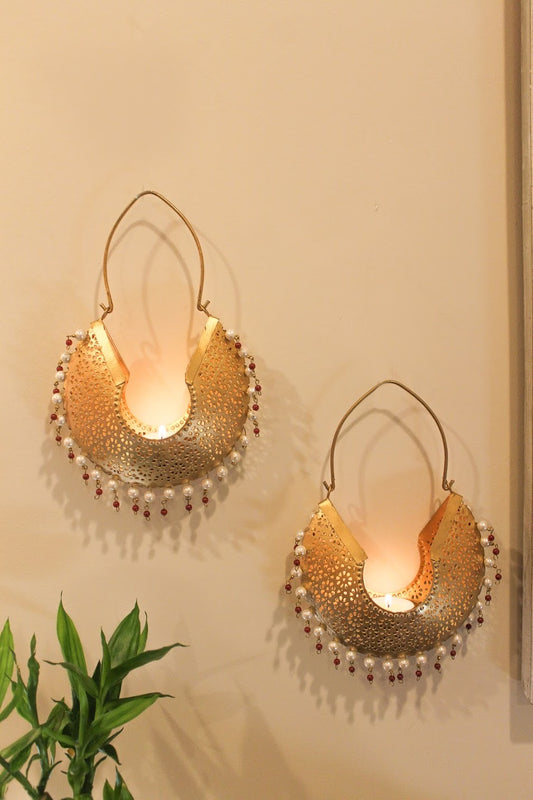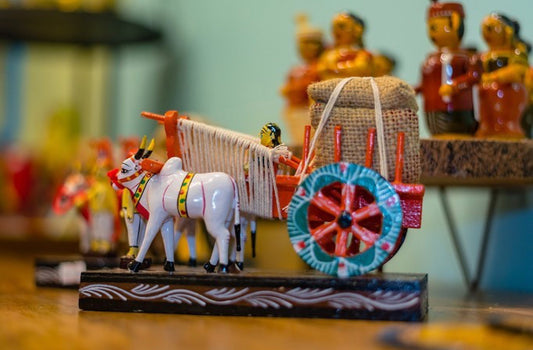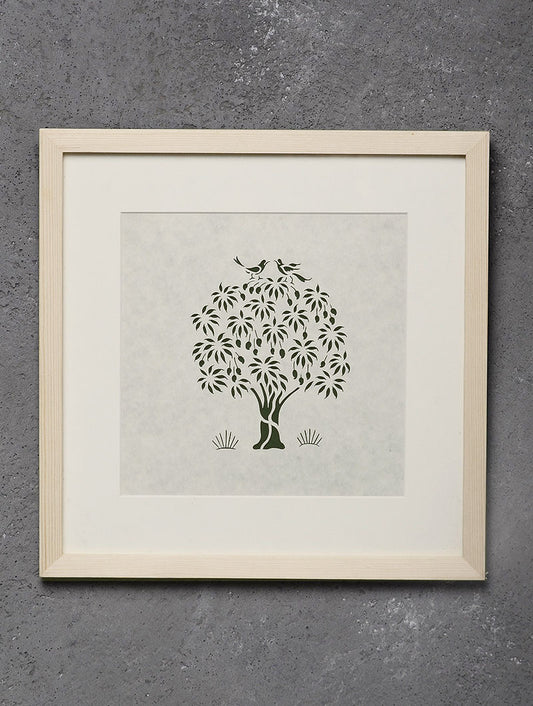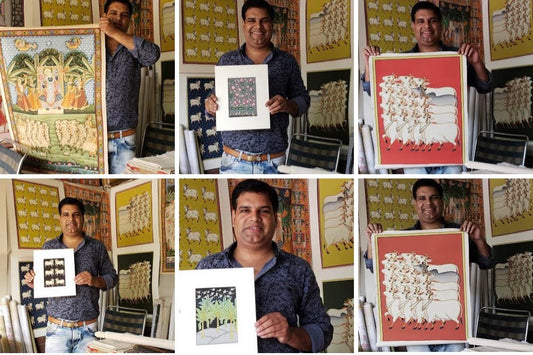News

Dhokra - Marvelous Metal Casting
Dhokra (also spelt Dokra) is non–ferrous metal casting using the lost-wax casting technique. This sort of metal casting has been used in India for over 4,000 years and is still used....
Dhokra - Marvelous Metal Casting
Dhokra (also spelt Dokra) is non–ferrous metal casting using the lost-wax casting technique. This sort of metal casting has been used in India for over 4,000 years and is still used....

6 Useful Tips to buy Handicraft Online
Over the past decade, shopping has truly gone digital. From flight tickets to electronics, groceries, furniture and jewellery, we now buy everything online. But when it comes to purchasing high...
6 Useful Tips to buy Handicraft Online
Over the past decade, shopping has truly gone digital. From flight tickets to electronics, groceries, furniture and jewellery, we now buy everything online. But when it comes to purchasing high...

Wrought Iron - A new age wall decor
Metal wall art is definitely the new age décor. It has taken over the traditional wall art paintings and regular hangings. Metal hangings and metal sculptors look chic and profusely stylish. It...
Wrought Iron - A new age wall decor
Metal wall art is definitely the new age décor. It has taken over the traditional wall art paintings and regular hangings. Metal hangings and metal sculptors look chic and profusely stylish. It...


How SANJHI is made
Folklore tells us that the origins of this art form lie with Radhe, who made Sanjhi rangolis using natural colors, along with flowers, leaves and colored stones, to woo Krishna....
How SANJHI is made
Folklore tells us that the origins of this art form lie with Radhe, who made Sanjhi rangolis using natural colors, along with flowers, leaves and colored stones, to woo Krishna....

PICHWAI - The Pride of Nathdwara
The word Pichwai comes from 'pichh' meaning back, and 'wai', meaning textile hanging. They are made by members of the Pushti Marg sect, founded by Shri Vallabhacharya in the 16th...
PICHWAI - The Pride of Nathdwara
The word Pichwai comes from 'pichh' meaning back, and 'wai', meaning textile hanging. They are made by members of the Pushti Marg sect, founded by Shri Vallabhacharya in the 16th...
